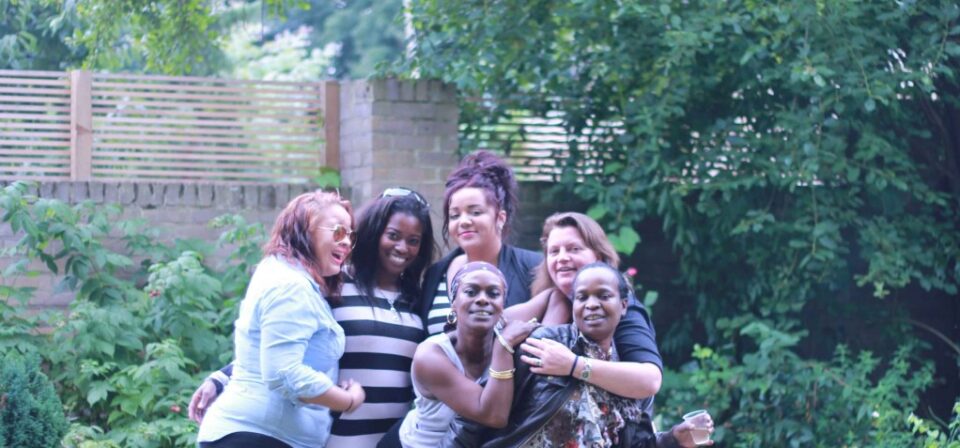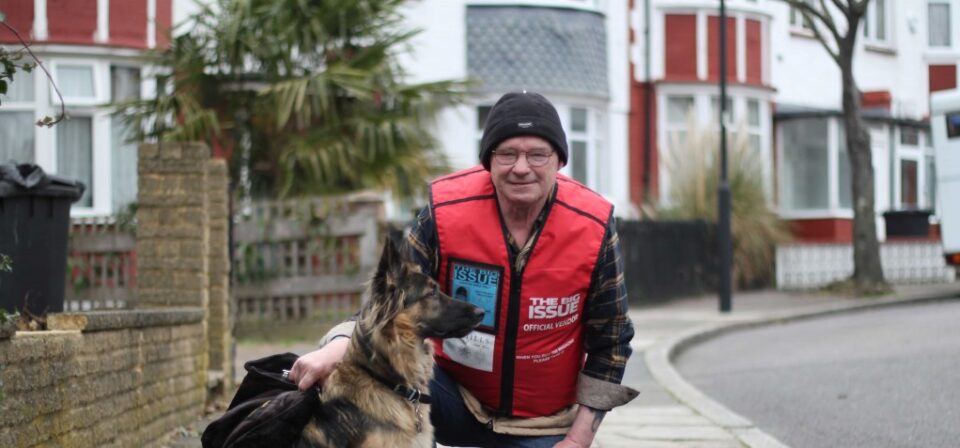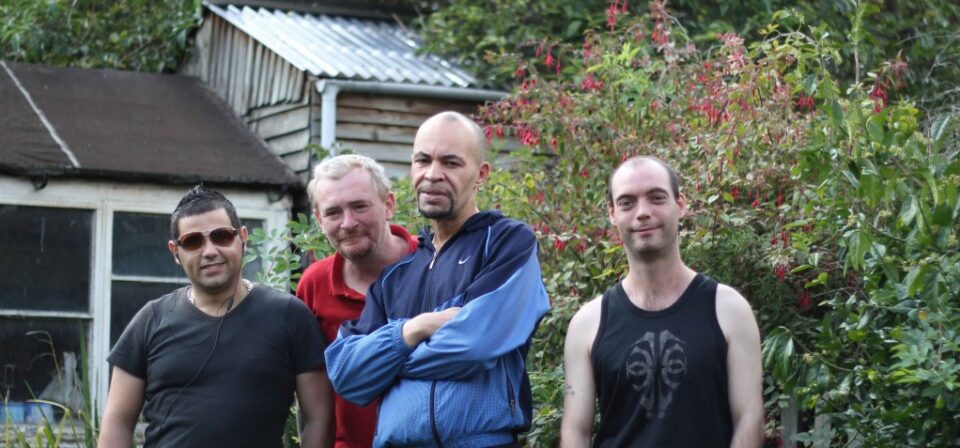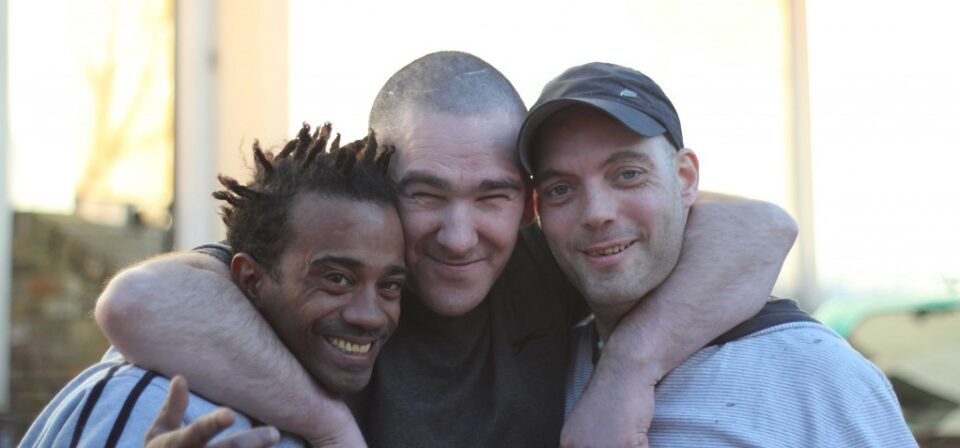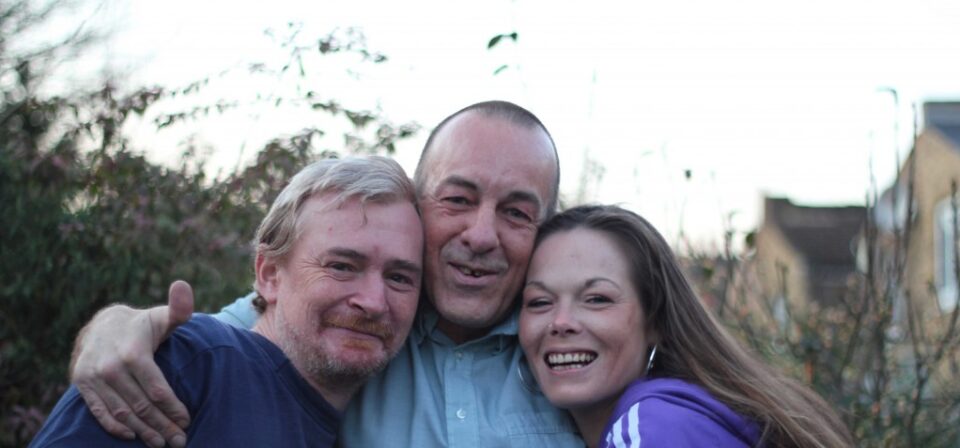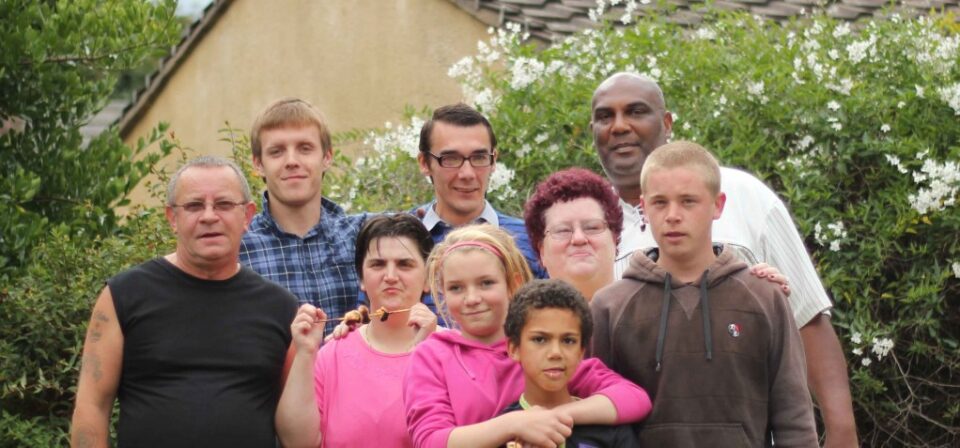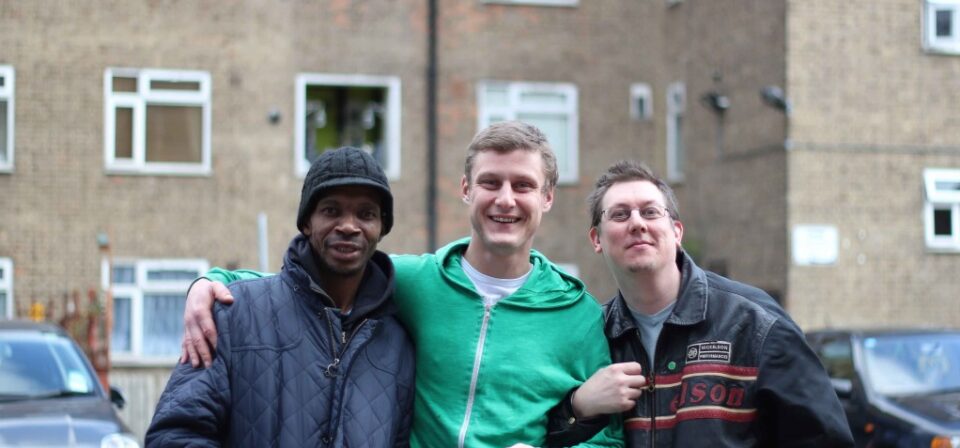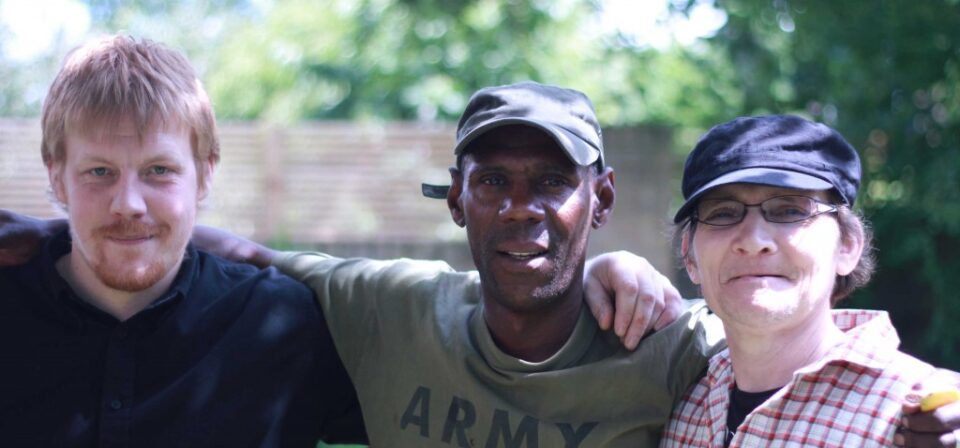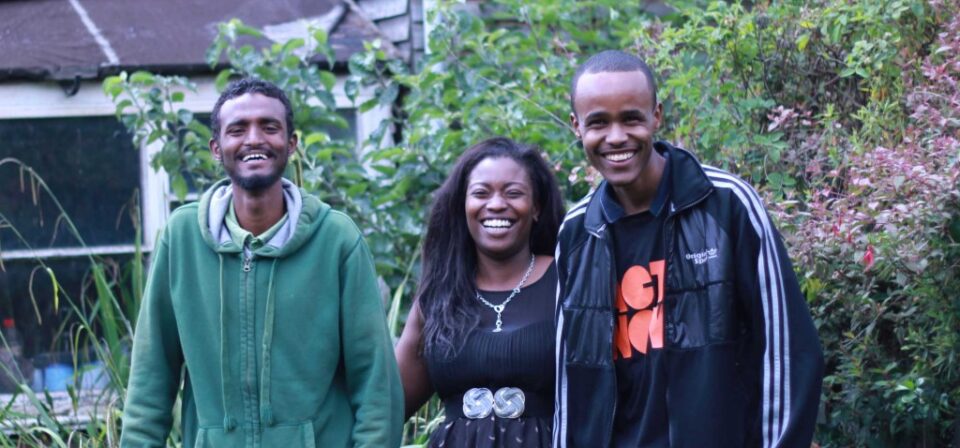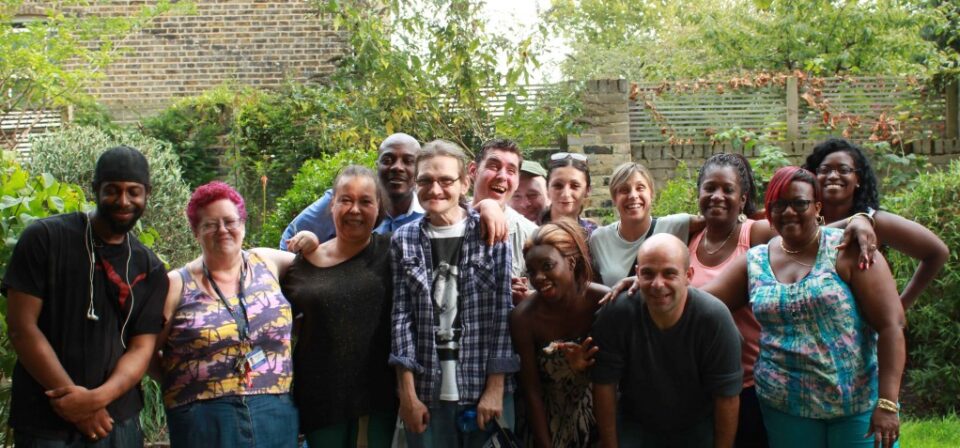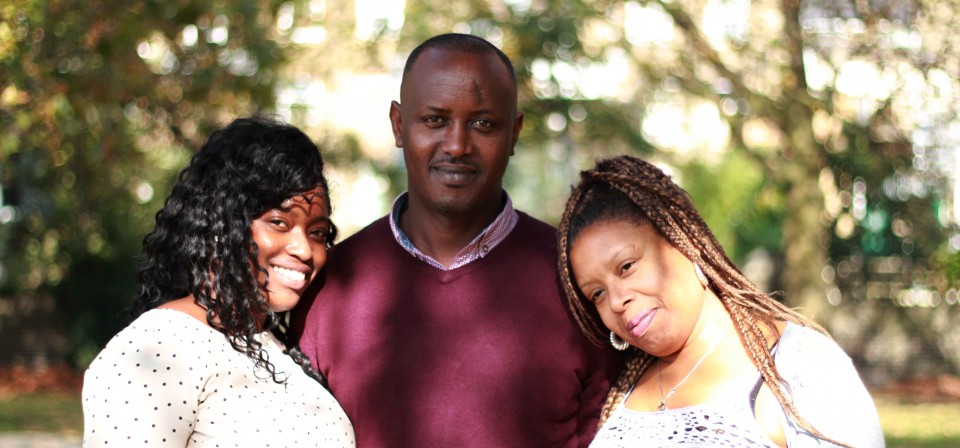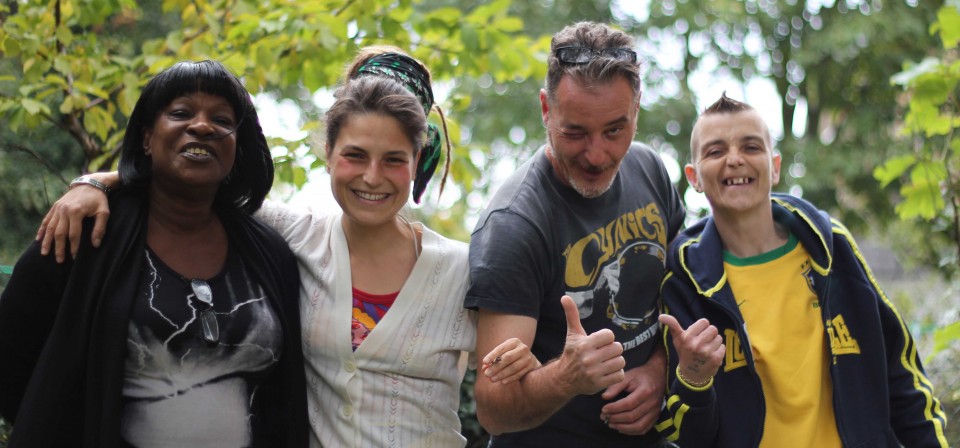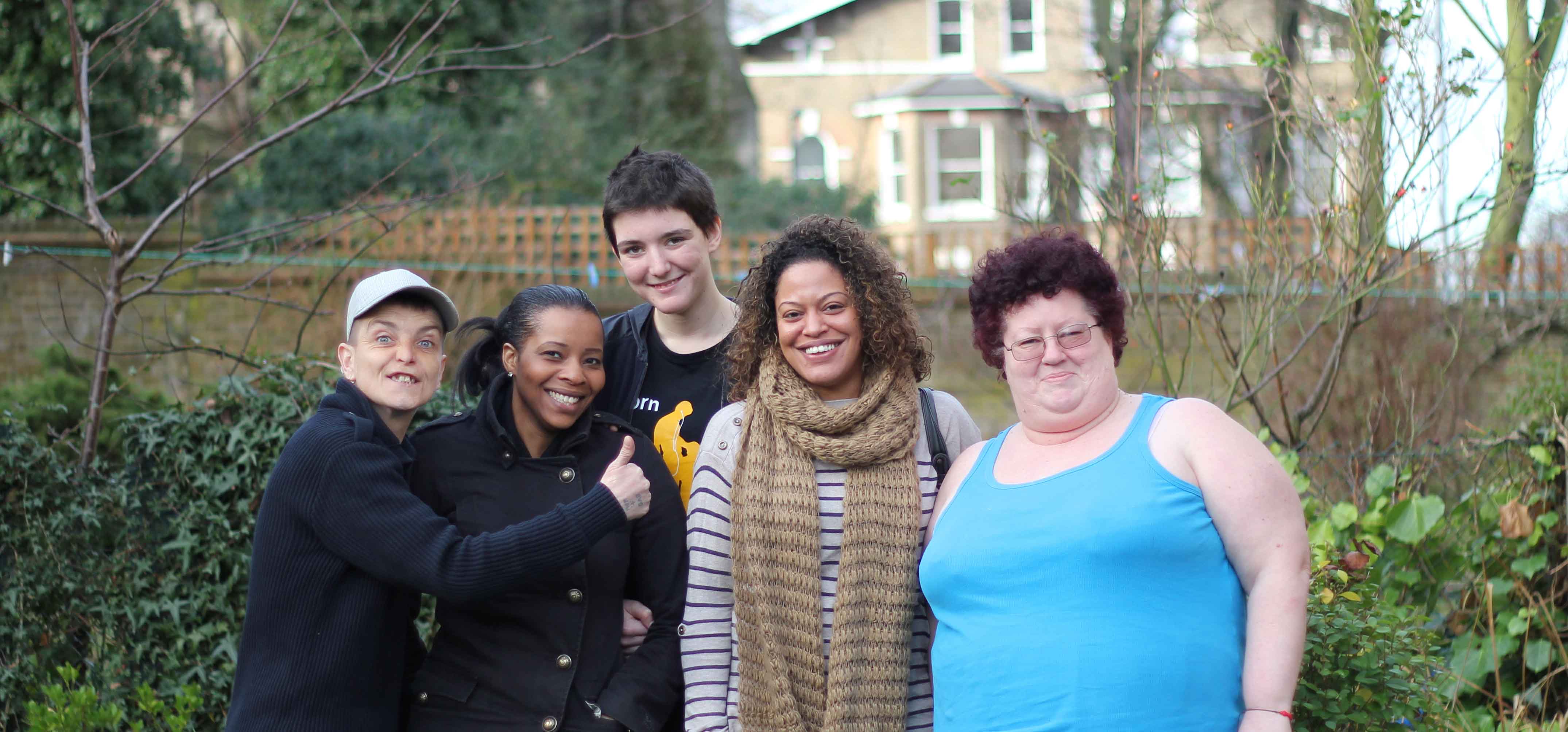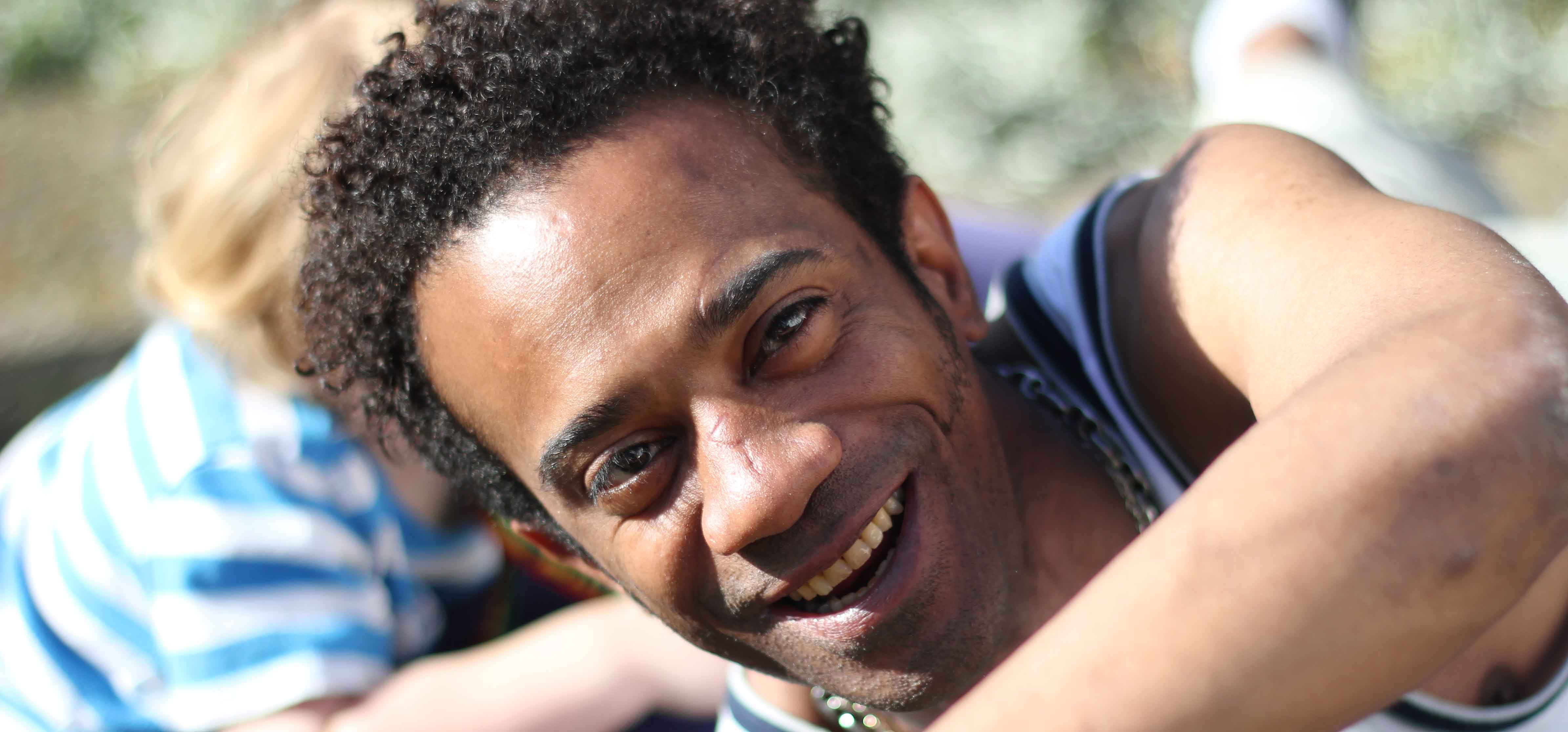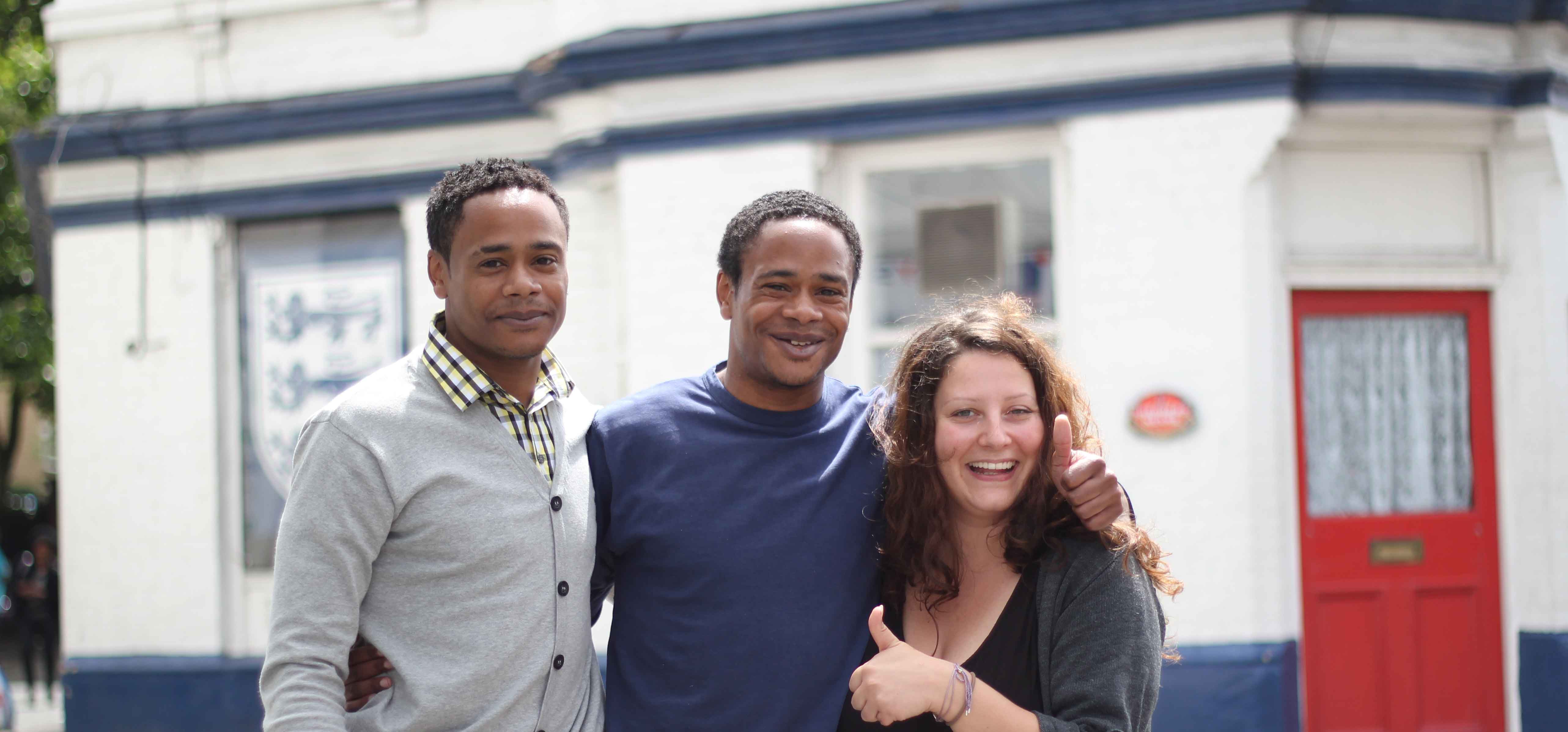Crime Reduction
Out Crime Reduction service provides services for our clients that are linked to the Drug Intervention Programme (DIP) and the Crime Reduction Initiative (CRI).
In this collaboration with My Social Enterprise, London Housing Trust provide the lead and coordination role. DIP workers provided a support worker to give enhanced support. London Housing Trust also provide the housing support to maintain the tenancy.
Facts:
- Only 1 in 10 prisoners has no mental disorder (70% have two or more mental health disorders)
- The suicide rate in prisons is almost 15 times higher than in the general population
- Access to support services relating to addiction can take up to 6 weeks after release
As the lead organisation we ensure that our project will ensure.
1. Assessment: A quality needs and risk assessment before release by a trained support professional.
2. CPA Support: Representation at the Care Plan Approach (CPA) meetings
3. Through the gate Support: Our Support Worker can meet the Service User at the gate and assist with transport to their new accommodation
4. Intensive Support Project: an intensive service (funded by My Social Enterprise) for the first 48 hours of prison release, the most vulnerable period in resettlement
5. Practical support; provision of supported accommodation, benefits advice guidance and form filling, access to health services, training and employment, drug detox, alcohol rehabilitation, family and social network and tenancy sustainment. We will also support the client with food and living expenses while all benefits are processed. this can typically by £20 per week. We also suspend any action resulting from rent arrears.
6. Peer Advocate Volunteering: through our partnership we have a number of volunteers and a part-time coordinator all of whom have direct experience of mental health needs and ex-offenders. Volunteers work closely with the team to engage and support offenders in prison and ex-offenders on release. The peer advocate volunteers undertake a comprehensive induction and training program including access to an NVQ programme.
Monitoring Outcomes
This project will monitor outcomes at 4 key stages by ensuring:
Before Release
- Contact from the local Community Mental Health Teams (CMHT)
- At least 1 visits from the support team
- Sit on the panel to determine the Care Plan Approach
1 Week
- Development of an outcomes centred Care Plan
- Client completes Benefit forms such as JSA, ESA, DLA & HB
- Registration with local GP, Dentist and Optician
- Provide all clients with a basic mobile phone if required
- and drug and alcohol support via CRI Penrose etc
- offer Pre-Tenancy training
1 Month
- Engage with ancillary support from Community Mental Health if required
- Opening of a personal bank account
- Offer client with a number of volunteering positions
- Offer courses such as ESOL and Food Preparation in conjunction with Manna Society
3 Months
- Adherence of medication evaluated
- clients view and revaluation of of the care plan recorded
- ensure that an internal work capability assessment is checked for access to the right benefit carried out by a qualified benefits manager.
- Offer work experience through our links with Business in the Community (BITC)
- Encourage family support an counselling through our in-house team of counsellors
- Encourage responsibility and risk taking through our House Rep Scheme
Ongoing Support
- Assistance with meetings WPA CMHT etc.
- Regular Review of Support Plans, Risk and Needs Assessment
- Move on Assistance to more independent accommodation
- Assist with monthly house meetings to openly discuss and tenancy issues
- Re-offending rate monitored at 6 months
This project has now open for new clients. We are currently evaluating the successful outcomes of this project.
